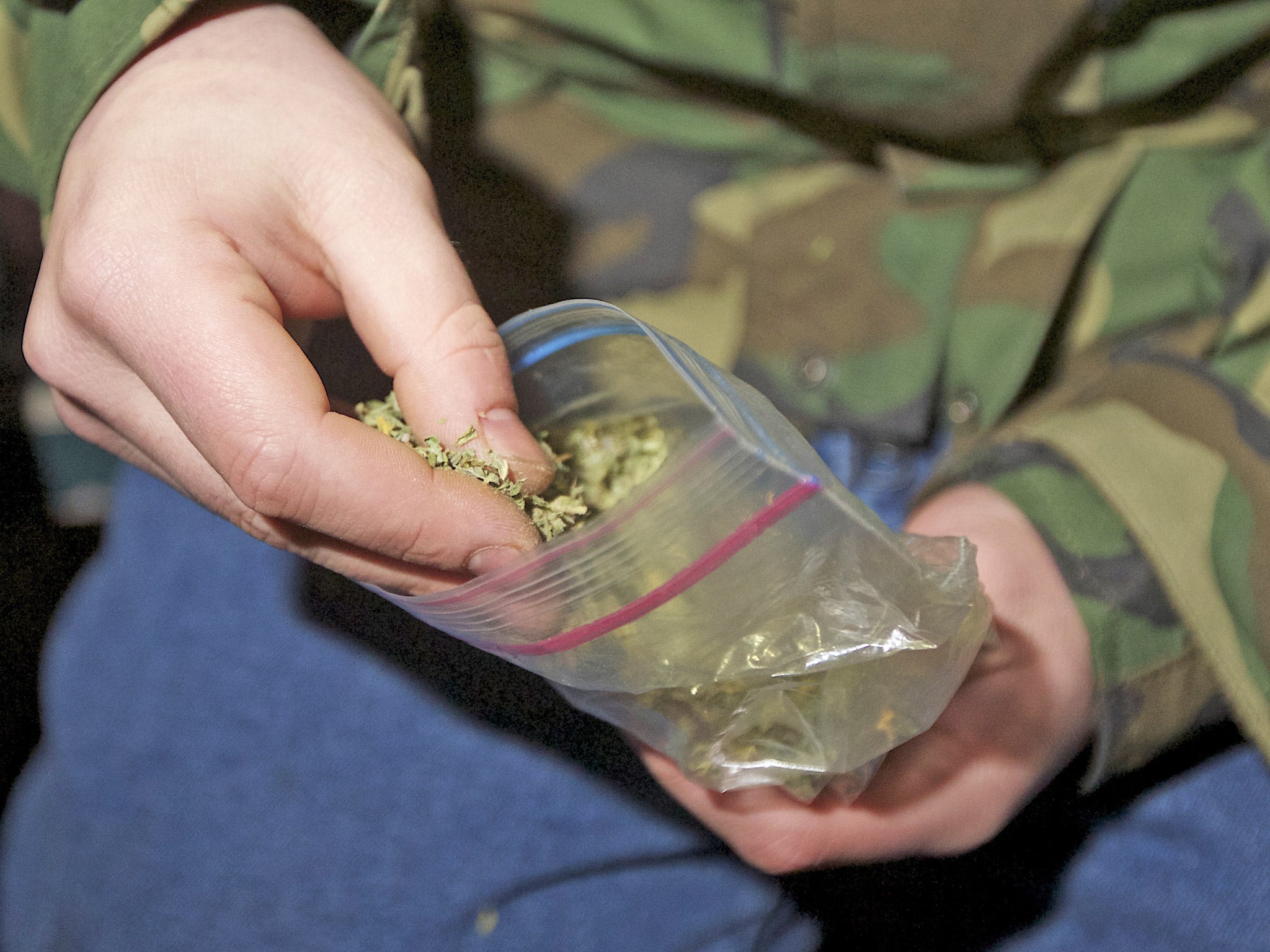Washington state's drug problem: it's running out of cannabis
Colorado was the first US state to legalise the recreational use of the drug, but enjoyed a smoother transition as its medical marijuana system provided an existing framework for the recreational trade

Your support helps us to tell the story
From reproductive rights to climate change to Big Tech, The Independent is on the ground when the story is developing. Whether it's investigating the financials of Elon Musk's pro-Trump PAC or producing our latest documentary, 'The A Word', which shines a light on the American women fighting for reproductive rights, we know how important it is to parse out the facts from the messaging.
At such a critical moment in US history, we need reporters on the ground. Your donation allows us to keep sending journalists to speak to both sides of the story.
The Independent is trusted by Americans across the entire political spectrum. And unlike many other quality news outlets, we choose not to lock Americans out of our reporting and analysis with paywalls. We believe quality journalism should be available to everyone, paid for by those who can afford it.
Your support makes all the difference.Washington state is developing a drug problem: it doesn't have enough marijuana. After becoming the second US state to legalise cannabis for recreational use, Washington is expected to issue its first 15 to 20 licenses to retailers next Monday, 7 July, with its first dispensaries due to open for business the following day. But according to the state's Liquor Control Board, just one store in Seattle, the state's biggest city, is ready to face a final inspection, while those that do open are likely to suffer a severe shortage of product.
Of the 2,600 people who applied for licenses to grow marijuana in 2013, less than 80 have been approved. And of that number, many are still not ready to harvest their first crop. Just a handful of growers are thought to have submitted samples to the two labs certified by the state to test marijuana. In an interview with the Associated Press, Randy Simmons, the Liquor Control Board's legal weed chief, said, “Will there be shortages? The answer to that is yes.”
Washington and Colorado both voted to legalise marijuana for recreational use in late 2012, and Colorado opened its first legal cannabis dispensaries in January this year. Last week the Drug Policy Alliance released a report on the impact of legalisation in the state, which suggested Colorado's legal marijuana industry had raised some $20m (£12m) in taxes in the first half of 2014. Crime in the state has dropped by more than 10 per cent, according to the FBI's Uniform Crime Reporting data, with violent crime down by more than five per cent.
Washington's legal weed launch is unlikely to go as smoothly as its predecessor's, not least because Colorado's regulated medical marijuana system provided an existing framework for the recreational marijuana trade. Last month New York became the latest US state to legalise medical marijuana, which is now permitted in 23 states and in Washington, DC. Alaska and Oregon are expected to vote later this year on whether to become the third and fourth states to legalise recreational marijuana.
Join our commenting forum
Join thought-provoking conversations, follow other Independent readers and see their replies
Comments